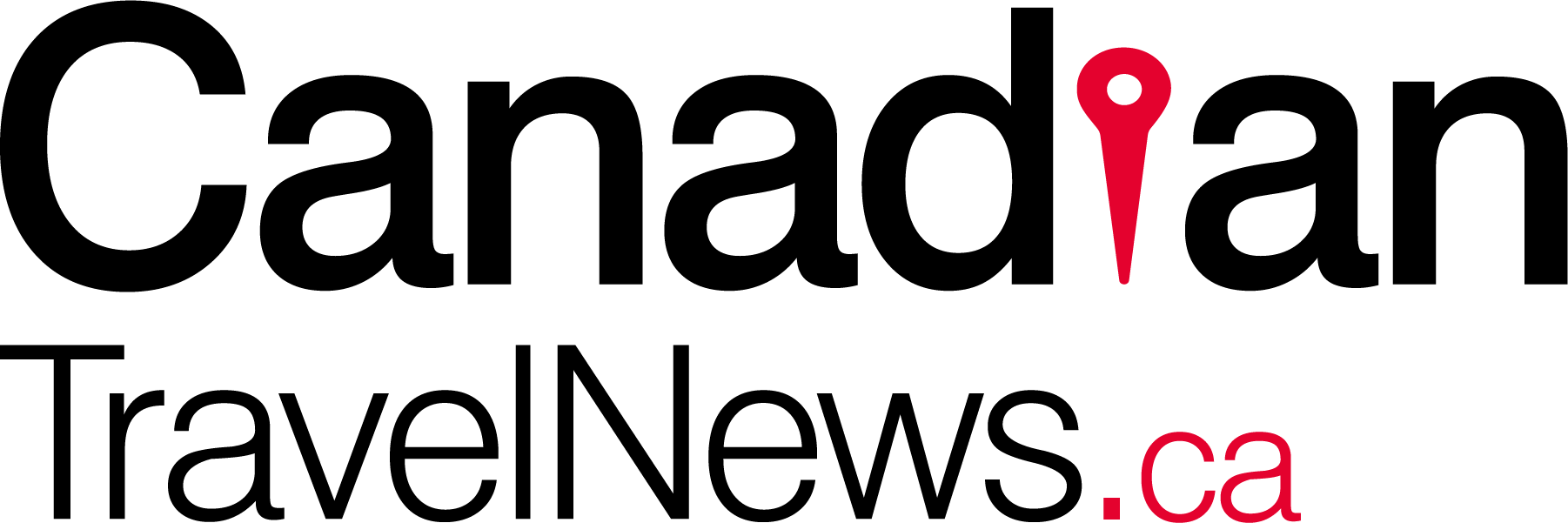
Cayman Islands Group Worried About Flight to Canada: Hopes For Quarantine Exemption
February 25, 2021 Jim Byers
If you live in Canada, the idea of a three-day stay at an airport quarantine hotel might not be a big deal. If you come from a place where they haven’t had a case of community spread COVID-19 for eight months, it might scare you to death.
Canadians in the Cayman Islands who want to return home, as well as students who study here and other travellers, are hoping to catch a charter flight to Toronto in March. But they’re frightened by the idea of being huddled in a room at the airport waiting for tests and by the idea of sitting on a crowded bus and being taken to an airport hotel for up to three days of quarantine.
Nikole Poirer is a Canadian marine biologist who lives in Banff for much of the year. She’s living in the Cayman Islands right now and has helped set up nine flights for pets and people in the past 11 months. She’s helped some 1,000 Canadians get home, not to mention sending 400 animals to new owners in Canada.
Poirer hopes to have a charter to Toronto on March 17 but says people are worried.
“It’s not the $2,000 (hotel charges) people are afraid of. What they’re worried about is the hotel and the airport,” she told Canadian Travel News in a telephone call from Grand Cayman. “We’ve been COVID free here since May of last year. We don’t know the science of the ventilation at the airport or the hotels. We’ve been so safe that we’re terrified of a hotel.”
Porier said students from age 11 and up who go to school in Canada returned to the islands when Ontario went into lockdown. Now that schools are opening again, they want to go back to Ontario for classes. But nobody wants to send an 11-year-old to a hotel by themselves for three days, so that means a parent would have to take time off work and spend money for another round-trip charter flight (at a cost of thousands of dollars)and to pay extra for double occupancy at an airport quarantine hotel.
Others who would like to fly here in March are elderly and prone to getting sick, while some have immunity issues and would be at risk, Poirter said. One potential passenger has a spinal injury and requires a hospital bed or recliner; something the average hotel can’t offer, she said.
Poirer has been getting Canadians and Cayman Island animals into Canada by chartering private planes. They cost about $125,000 USD, which she recoups by selling tickets. The more seats she can sell, the cheaper the flight per person.
New rules that came into effect this week require everyone coming into Canada by air to undergo COVID-19 tests at the airport and to then quarantine at a hotel for up to three days while they await test results. Those hotels can cost anywhere from about $600 to $2,200.
Poirer said she’s hoping for some kind of exemption because the Cayman Islands has been COVID free. She points out that the flights she’s hoping to arrange would be a direct flight to Canada, not one that stops in a destination with COVID problems.
Jeff Boucher, who was born and raised in Ontario and served for years as Canada’s honorary consul to the Cayman Islands, said there are two issues; whether the infringement on human rights that the hotel quarantine requires is justified by the benefits, and whether the quarantine is beneficial, or instead actually increases the risk of spreading the virus.
“When passengers arrive in Canada they are held and mixed with other passengers, awaiting another COVID test and then transportation to nearby hotels, which were not built for medical isolation,” he said. “After three days, which is sufficient time for passengers exposed at the airport to become infectious, they continue their journey on domestic flights and ground transportation anywhere in Canada,” which could expose more people to a potential virus.
Boucher said the idea is wrong-headed. Instead of being mixed with other travellers and shunted to a hotel, passengers from COVID-free areas should instead continue their journey as quickly as possible, minimizing their exposure to other passengers at the airport between flights, and isolate for two weeks at home, he said.

“All passengers are required to have a negative COVID test 72 hours before departure, so they are at the lowest risk of being infectious on arrival and much higher risk three days later, after their quarantine,” Boucher said.
Boucher said he thinks a two-week lockdown for anyone coming into Canada is the best way to handle things.
“That’s what we did in the Cayman Islands, and there’s been no community spread since last June. The only cases we’ve had are from people who were detected when they came into the country and were put in isolation. Nobody has been in isolation and then gone out into the community and spread the virus. That means our kids are in school and playing football and we can go to restaurants.”
Boucher said anyone who lands in the Cayman Islands is given a wrist band that they have to wear for their two weeks of isolation, as well as a cheap iPhone that tracks their position. “If you leave quarantine you’ll go to prison.”
“The problem with Canada (the new government plan) is that this is way too late,” Boucher said. “The population is already infected and now you bring in a three-day hotel quarantine? The justification to me is flawed.”
“The idea should be to get people to their destination as quickly as possible once they get off the plane. It’s very disappointing that the government had a year to think about this, and this was the best they could come up with. It’s no big deal for me; I’m in hotels all the time. But if you have a young child or someone is sick at home it’s a different story. A lot of people here also were laid off and don’t have money for a hotel.”
Boucher said both the government of the Cayman Islands and the Canadian government have been helpful with organizing flights for Canadians and Canadian residents or others who need to get here.
“Nikole has been great,” he said. “She’s a terrific person. She keeps organizing flights for other people.”
Boucher also takes issue with folks who engage in travel shaming.
“The narrative from some is that people are being irresponsible. But sometimes people have good reasons to travel. Maybe a family member is sick. I know three people who had to leave the Cayman Islands and go to Canada because of ailing parents. One person missed the death of their parent because of quarantine.”
About the Author




















Leave a Reply